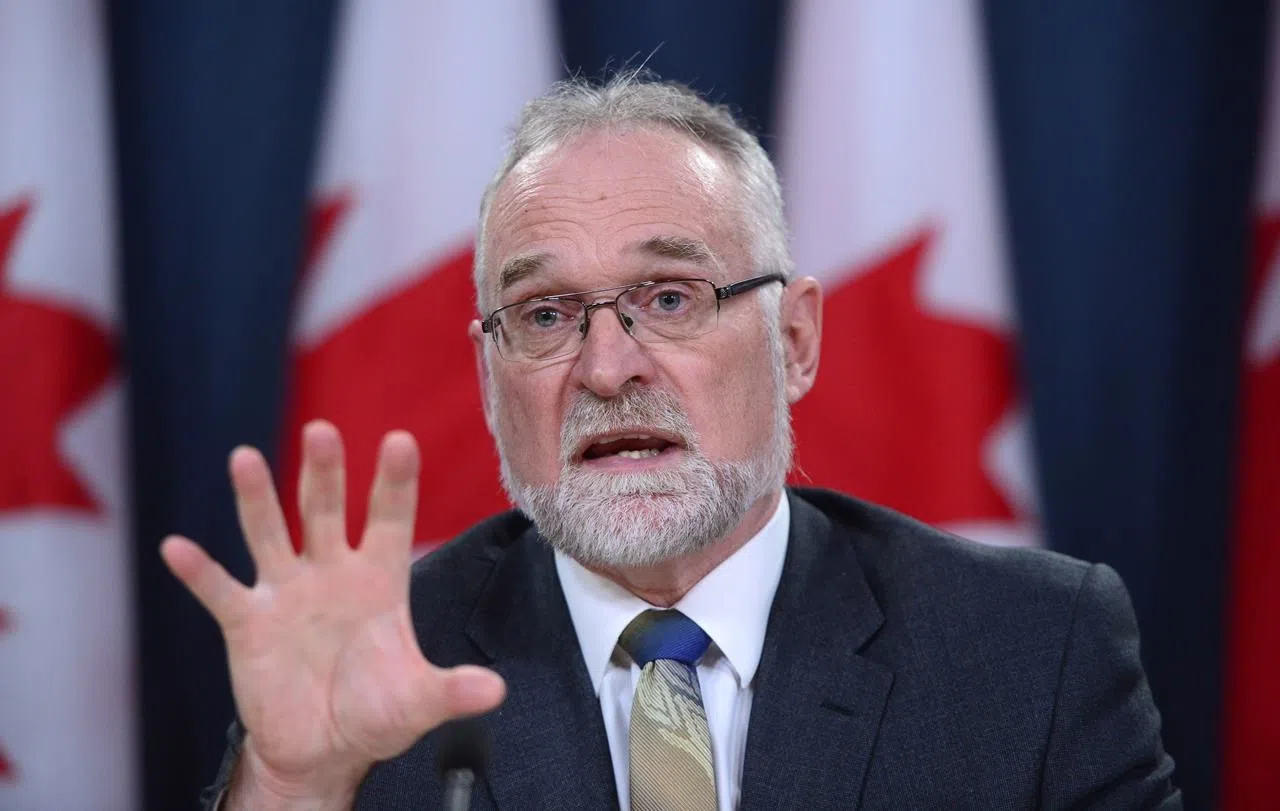
Services provided, but outcomes not tracked for Syrians: auditor general
OTTAWA — The Liberal government is struggling to track the impact of its historic effort to resettle upwards of 40,000 Syrian refugees, the federal auditor general concluded Tuesday in his fall report.
Markers like how many kids are in school or how many Syrians are on income assistance weren’t being measured between fall 2015 and the spring of this year, the period examined by the federal watchdog, raising questions about what happened to the population once they began to settle in Canada.
While a rapid impact evaluation was conducted by the government for the first wave of arrivals, the auditor general went digging over the longer term, looking to see whether Immigration, Refugees and Citizenship Canada was both providing the services newcomers needed and tracking what happened next.
“This audit is important because the Syrian refugee initiative will succeed in the long term only if the people it brought to Canada integrate into Canadian society,” the report said.


